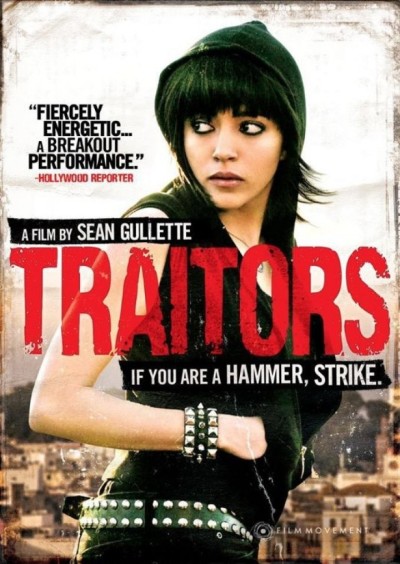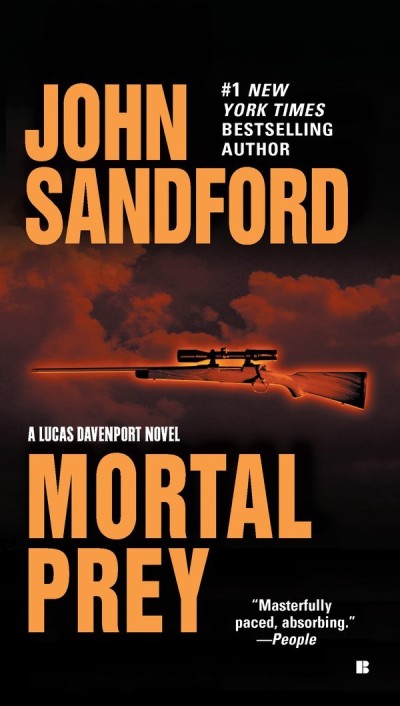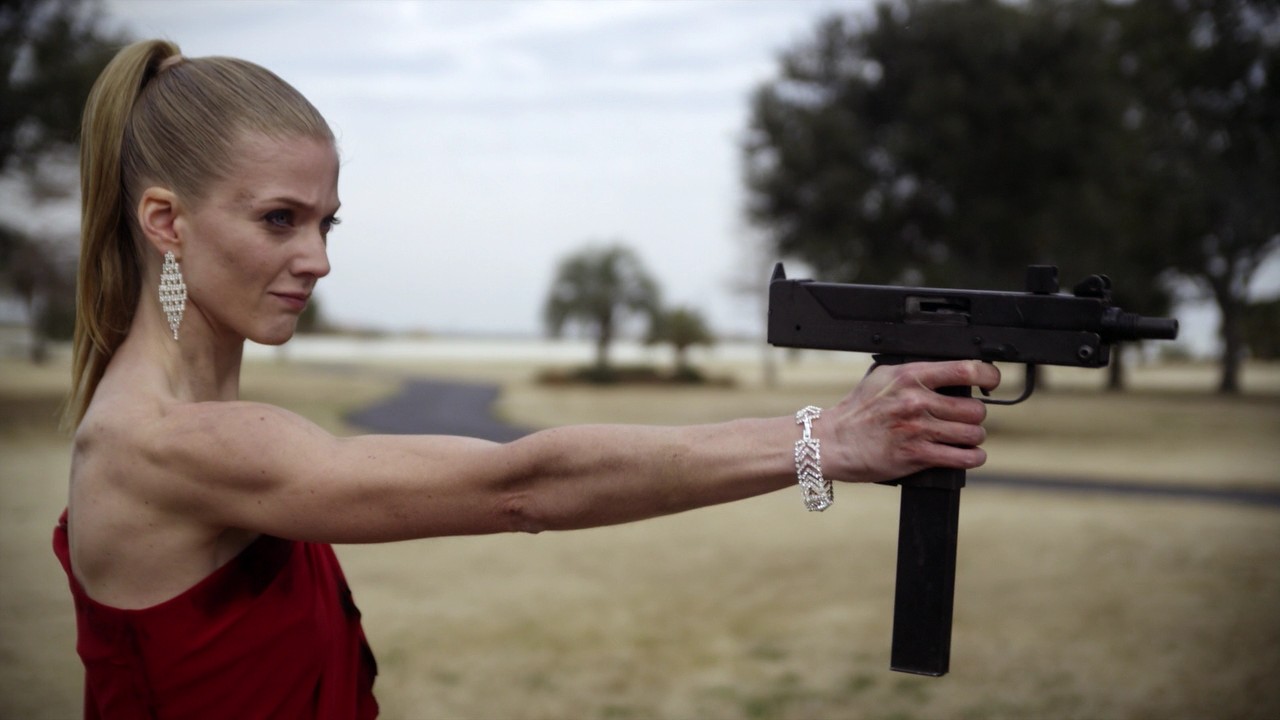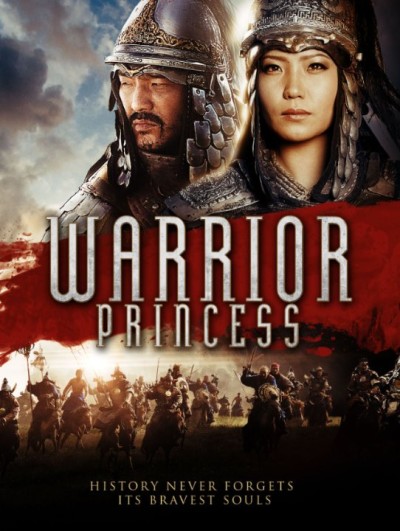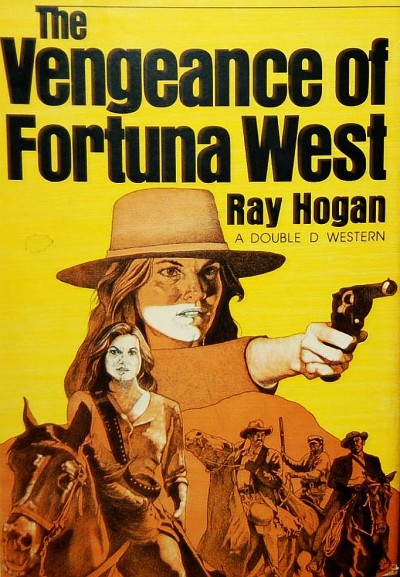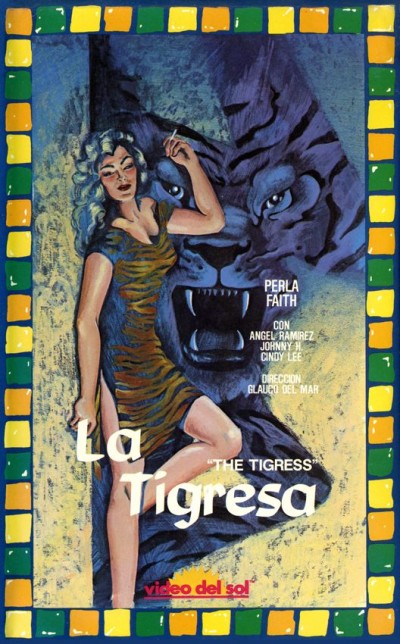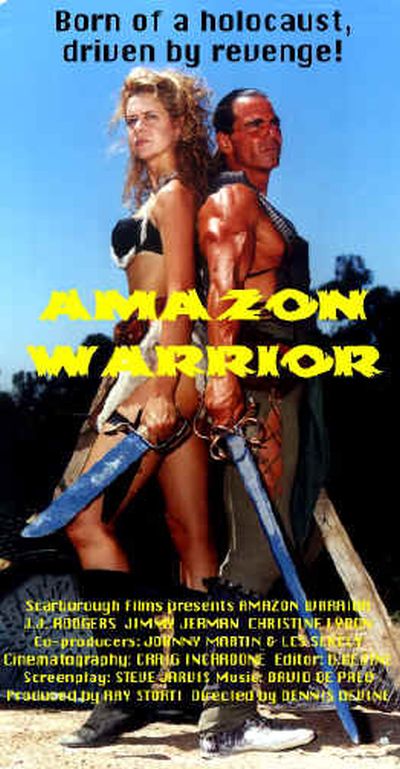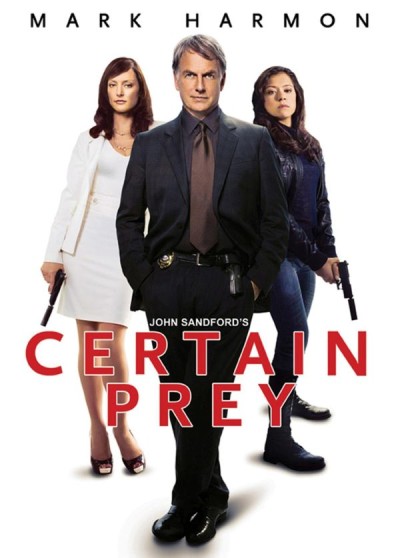 ★★★½
★★★½
“A coherent plot. It’s vastly over-rated…”
How you react to a film isn’t always a logical exercise. I’m a great proponent of “guilty pleasure” films: movies that, by objective standards, are generally not very good, yet still manage to be, on one level or another, thoroughly entertaining. Barb Wire is one: as soon as you realize it’s a post-apocalyptic sci-fi version of Casablanca, it’s totally awesome. Add this Indonesian movie to the same pile: it contains many things which, on their own, I loathe; yet here, for whatever reason, the whole ends up being a great deal more entertaining that you’d expect from the sum of its woeful parts.
Let’s start with that plot. Which is certainly a great deal more than the film does. Seriously: it takes 50 minutes for anything approaching a meaningful plot element to show up. It opens with a man driving home, being ambushed and stabbed to death. His wife and young daughter find him. Fast-forward ten years, and some thugs attack the house with what may be the longest single burst of automatic weaponry in cinema history, followed up, for no particular reason, by two rounds from a rocket launcher. Cue mother Sarah (Diyose) and pouty teenage daughter Marsya (Camesi) going on the run: Mom has clearly been anticipating this for a while, and has a hideout, stash of weapons and martial arts training. Turns out, there are two factions at play here: the one seeking to kill the family is led by corrupt cop Captain Roy (Fernandez), while playing defense is Paquita (Carter, best known for her role in Falling Skies), who… Well, you will find out eventually. Just don’t hold your breath.
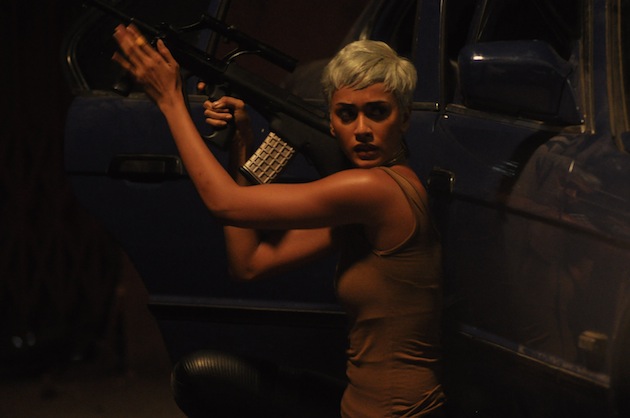 For before you reach that point, there follows alternating scenes of ludicrous excessive gun-battles, and Marsya whining “What’s going on? Make it stop? I said, WHAT’S GOING ON? I want an ice-cream!” [I may have imagined the last, I’m not sure] Normally, this kind of thing would be incredibly grating. But let’s face it, she’s basically echoing what the audience is thinking, so it’s okay. Throw in Kardit’s style of action, which consists of jerking the camera back and forth while simultaneously zooming in and out, and you’ve got the recipe for a headache-inducing exercise, about as far from fellow Indonesian flick The Raid as possible [seriously, if you haven’t seen The Raid, go do so now. It’s the best action movie of the past decade. You can thank me later.].
For before you reach that point, there follows alternating scenes of ludicrous excessive gun-battles, and Marsya whining “What’s going on? Make it stop? I said, WHAT’S GOING ON? I want an ice-cream!” [I may have imagined the last, I’m not sure] Normally, this kind of thing would be incredibly grating. But let’s face it, she’s basically echoing what the audience is thinking, so it’s okay. Throw in Kardit’s style of action, which consists of jerking the camera back and forth while simultaneously zooming in and out, and you’ve got the recipe for a headache-inducing exercise, about as far from fellow Indonesian flick The Raid as possible [seriously, if you haven’t seen The Raid, go do so now. It’s the best action movie of the past decade. You can thank me later.].
And yet… If you can handle the fact that the ratio of bullets to reloading scenes is several hundred to one, cope with not knowing what the hell is going on for half the movie, and tolerate characters that are basically a procession of shallow genre tropes, you’ll have fun. Against the odds, I did: there’s at least four women here with no qualms about kicking ass in industrial quantities, and both Divose and Carter bring the necessary intensity to their roles [there’s one awesome shot where Paquita is chasing after a car on foot and is just screaming at it]. There’s a chunk at the end where all three leading ladies are simultaneously fighting for their lives, and that’s a good deal more progressive than you’d get to see in most Western films. For all its many, copious flaws, I was kept entertained – as much by the daft insanity on view, as in spite of it. In the right hands, this could have been awesome: Kardit clearly is not those hands, yet it’s still more fun than I expected.
Dir: Helfi Kardit
Star: Dominique Diyose, Belinda Camesi, Sarah Carter, Nino Fernandez





